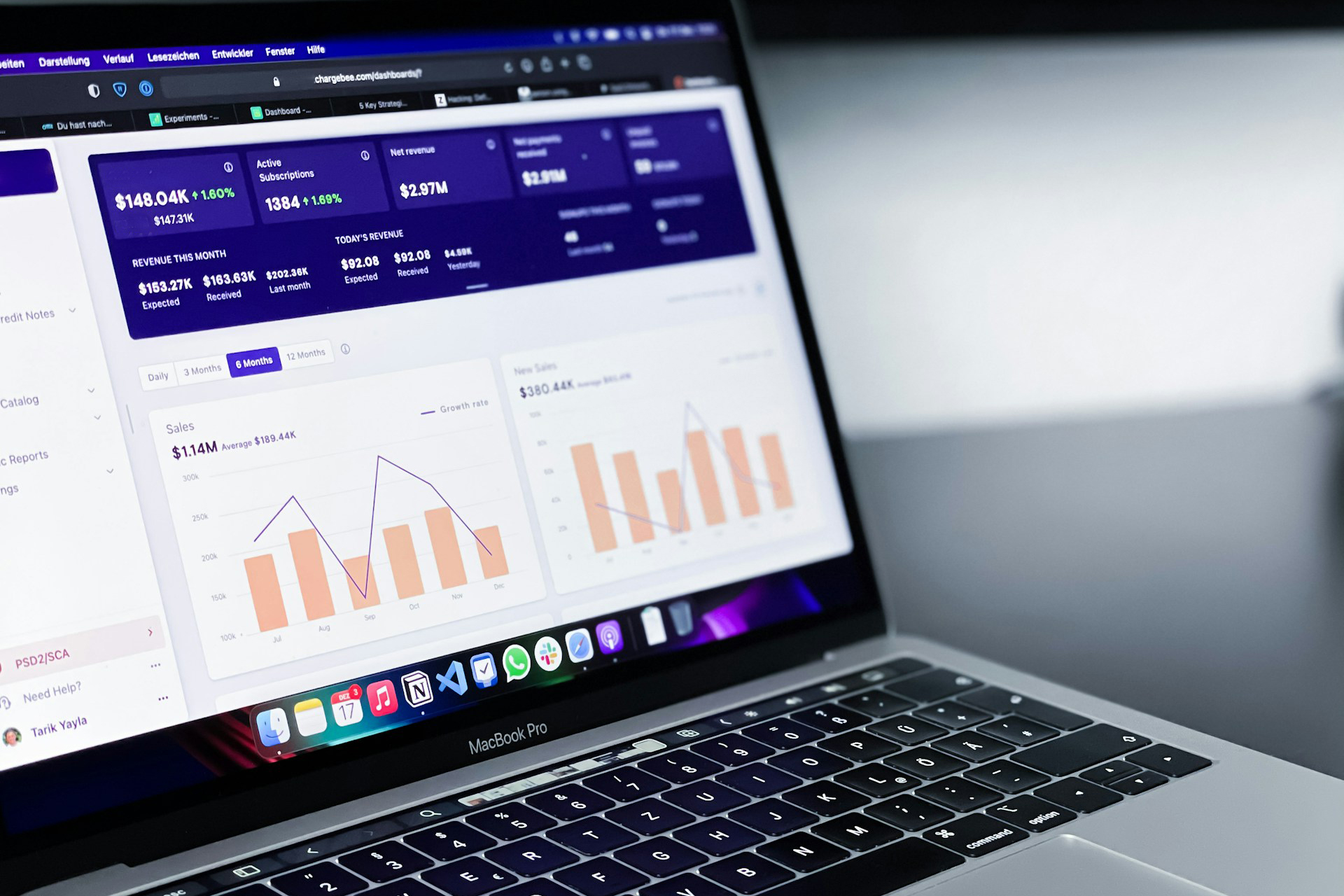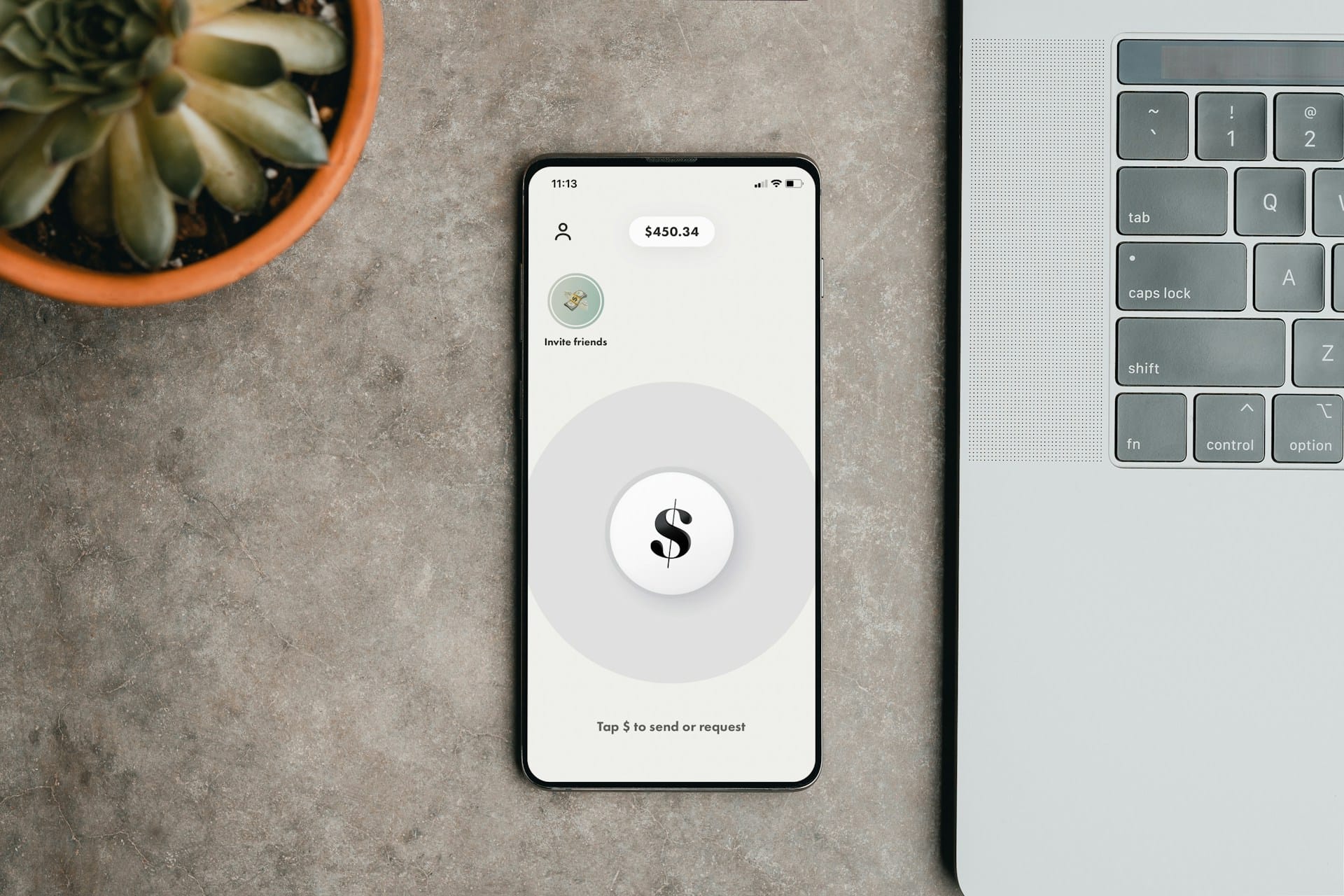Growing your business often means dealing with the business challenge of finding a way to tap into additional capital, which you may not necessarily have in your bank account. Since money trees aren’t real, the next best option to planting one is to seek out some type of business loan.
A secured business loan is one type of loan that can help your business, but it’s important to understand what they are and what is involved in getting one before determining if it’s the right financial planning strategy for you.
What is a Secured Business Loan?
A financial institution, like a bank, typically issues a secured loan to a business. The loan requires some collateral to minimize the risk of lending to your business, such as some type of assets like land, buildings, inventory, vehicles, accounts receivable (invoices), or equipment. Hence, this is where the term, secured, was coined. The lender is “securing” some protection for lending the funds in the form of collateral that they can take or liquidate should the loan not be repaid.
This type of loan also provides a way to get a lower interest rate on the secured business loan, making it easier to pay back within the allotted timeframe, which tends to be a longer amount of time than an unsecured business loan. A secured loan also helps establish a credit history for your business.
If you have the types of assets that you can put up as a guarantee against the loan you are seeking, then a secured business loan can work for you. The type and amount of collateral also depends on individual factors, such as your credit score, the desired loan size, and the financial institution that is issuing the secured business loan.
What is a Personal Guarantee?
However, there is still another way that may make a secured business loan right for your situation. A lender may still agree to give you a guaranteed business loan by giving them a personal guarantee. A secured loan is a type of agreement that you form with your lender that puts your personal assets out there in exchange for the funds. While it’s minimizing the risk for lenders, you can still have access to the money you may need to expand your business.
Just don’t default on your secured business loan or you will be expected to repay the loan with these personal assets, which could be your home, investment accounts, or anything similar.
It’s important to understand that collateral means putting up one or a couple of assets, while a personal guarantee, it means that all assets that you have now, and maybe even some in the future, can be seized. A situation like this could be fairly devastating additional so it’s important to keep in mind. However, you can request to do a limited personal guarantee so it’s only a specific dollar amount that would be recovered should you default on it.
Requirements for Getting a Secured Business Loan
Traditional, or medium-term, loans are a common type of secured business loan. A certain amount of money is borrowed and, in return, you repay it with a certain amount of interest on top of the original price within a designated timeframe.
You must have a high credit score of 680 or higher to get a better interest rate. Besides a typically low-interest rate, you will have repayment terms of anywhere from one to five years with a debt schedule to make monthly payments.
Other Viable Options for Consideration
Besides financial institutions, you can look to the Small Business Administration (SBA) for assistance with a secured business loan. However, don’t think that it’s the SBA is giving you this loan; they are only the guarantor of term loans as a way of encouraging more lenders to help small businesses like yours. For your part, you will still need to secure the loan through one of the three programs they offer with links to lenders that may help you. The SBA will get involved regarding how much collateral they think you should put up in return for that secured business loan.
You may also want to consider a business line of credit, which is similar to having a business credit card. This alternative allows you to only pay on what you borrow from the line of credit, which gets refilled with the original amount once you pay it back.
You can opt for a secured or unsecured route with this viable lending option. For obtaining a line of credit, you can also put up collateral like personal property, equipment, inventory, invoices, or a personal guarantee.
If you are looking to borrow money specifically to fund equipment that you need to build out your business, you can also consider an equipment loan, which is very similar to a vehicle loan. While the interest rate for equipment can be considerably higher than other secured loans, there are no personal collateral requirements because the equipment you are purchasing with that loan becomes the collateral.
Lastly, invoice financing can be a viable option because you may have the money out there across all the invoices you sent out but are just waiting to be paid. Also known as factoring, this is a good way to get the money you are owed in advance so that you can tap into this capital for what you need.
While you will be billed a certain amount of fees for this privilege, it is another way to get the funds you need. And, since it’s money you are expecting to get anyways, you don’t have to worry so much about repayment or the need to put up collateral.
A Good Option
Secured business loans are generally viewed as good options for tapping into extra capital. In reality, there are not that many types of financial options that are completely unsecured. When there are unsecured options these come with exorbitant interest rates that may make paying the loan back an expensive proposition.
While you may be concerned about putting your assets up as collateral, it’s important to remember that it’s just a formality, and if you want to continue your business and grow it, then you will be responsible about paying back the money you have borrowed.
About the Author:
John Rampton is an entrepreneur, investor, online marketing guru and startup enthusiast. He is founder of the online invoicing company Due. John is best known as an entrepreneur and connector. He was recently named #2 on Top 50 Online Influencers in the World by Entrepreneur Magazine and a Blogging Expert by Time. He currently advises several companies in the San Francisco Bay area.






